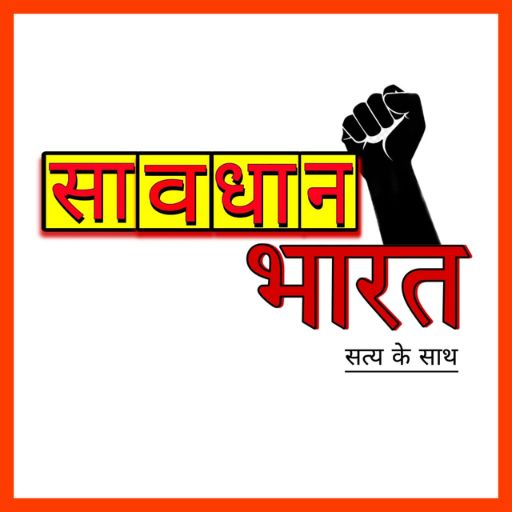Hamilton Hall: In recent news, Columbia University’s Hamilton Hall became the focal point of attention as pro-Palestinian protests led to a student-led occupation of the building. The events unfolded amid a backdrop of heightened tensions and ongoing discussions surrounding the Israeli-Palestinian conflict. This article aims to delve into the details of the protests, shed light on the underlying issues, and explore the implications of such demonstrations on campus dynamics.
Columbia University, known for its vibrant academic atmosphere, found itself at the center of controversy when pro-Palestinian protesters occupied Hamilton Hall. The occupation followed a series of requests from the university administration urging the protesters to voluntarily disperse from an encampment on campus. Despite these appeals, the situation escalated, leading to the involvement of law enforcement.
- Nature of the Protests: The protests at Columbia University were driven by pro-Palestinian sentiments, reflecting broader global discussions surrounding the Israeli-Palestinian conflict. The occupation of Hamilton Hall symbolized a form of direct action to amplify voices advocating for Palestinian rights and justice.
- University Response: Columbia University’s response to the protests highlighted the delicate balance between upholding academic freedom and ensuring campus safety. The decision to involve law enforcement was framed as a last resort after exhausting other avenues for resolution.
- Student Perspectives: The protests at Hamilton Hall sparked debates within the student body, with differing opinions on the legitimacy of the occupation and the effectiveness of such demonstrations in fostering meaningful change. These divergent viewpoints underscored the complexities of navigating sensitive political issues within academic settings.
- Impact on Campus Community: The events at Hamilton Hall reverberated across the Columbia University community, prompting discussions on free speech, activism, and the role of universities in addressing social justice issues. The fallout from the protests raised questions about inclusivity, dialogue, and the handling of dissenting voices on campus.
Conclusion: The pro-Palestinian protests at Columbia University’s Hamilton Hall serve as a microcosm of broader societal debates surrounding the Israeli-Palestinian conflict and activism on college campuses. While the occupation has ended, its ramifications continue to linger, prompting introspection within the university community and beyond. As discussions persist, it is crucial for stakeholders to engage in constructive dialogue, respect diverse perspectives, and work towards fostering a more inclusive and equitable campus environment.
Hamilton Hall
Read here:“Bayern Munich vs. Real Madrid: UEFA Champions League Semi-Final Showdown”



